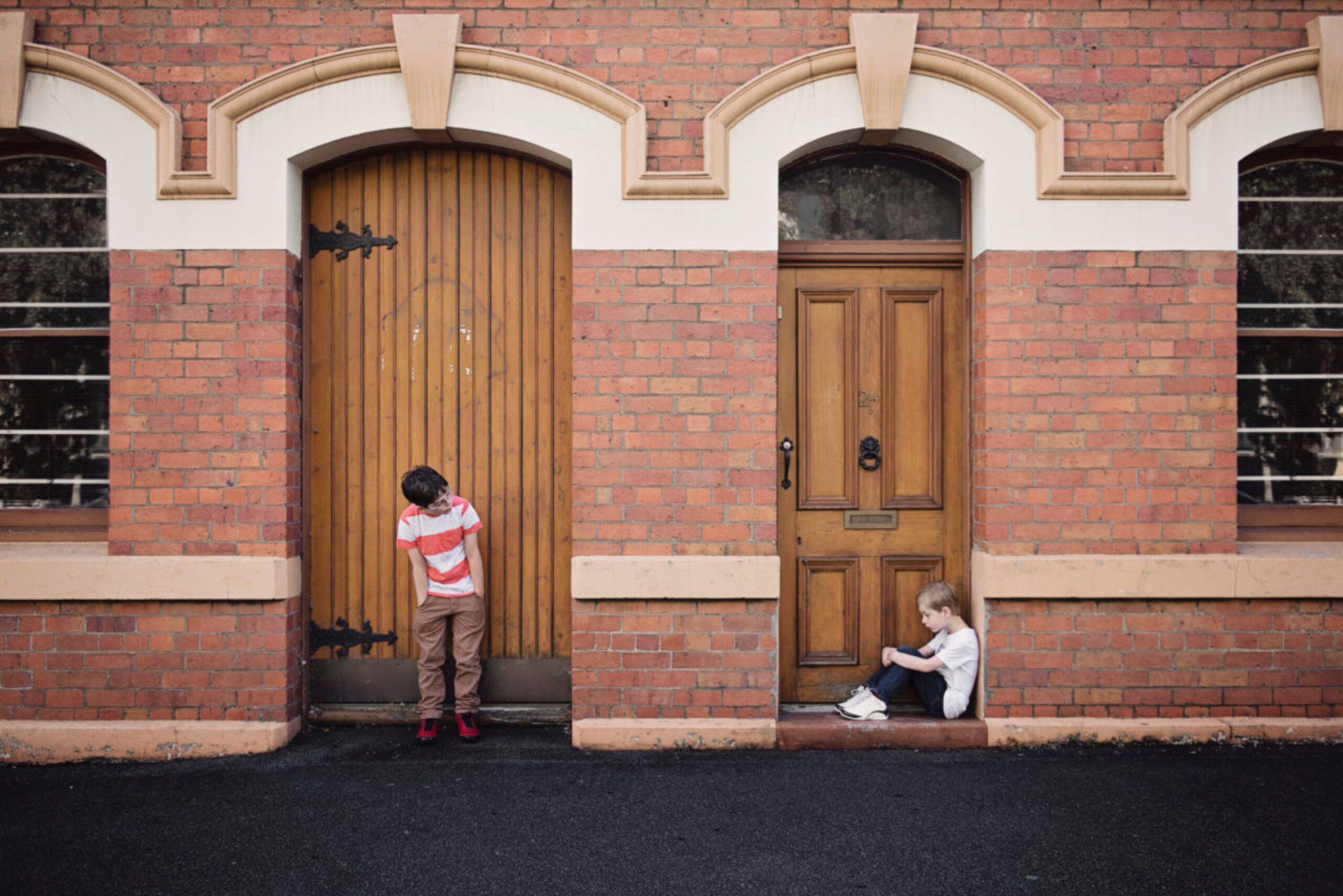By Lisa Dion, LPC, RPT-S
Talking to kids about violence is an unfortunate necessity of parenthood. School violence, in particular, is extraordinarily frightening: not every child loves school, but they still expect it to be a place of safety.
The world we live in – a world with 24-hour media updates, a world where bad news is inescapable – makes it difficult to shield our little ones. Between TV and computers, they often know more about what’s happening than we would like.
So, as moms and dads, what can we do to merge the chasm between the reality and the innocence of childhood? How can we acknowledge fears and worries without exacerbating them?
One of the most important things we can do is validate our children’s feelings. If they are frightened, let them know it’s okay to be scared; tragic circumstances bring about all sorts of emotions. Allow children to talk about their entire range of emotions as often as they need – no feeling is off limits! And embrace creative tasks, such as encouraging your son or daughter to draw their feelings.
Coupling validation with reassurance is vital as well. While heartbreaking circumstances do occur, schools are safe – very, very safe – and this is an important point to emphasize.
At the same time, we should strive not to over-explain things. The conversations you have with your seven-year-old look different than the ones you have with your seventeen-year-old. This applies no matter your subject matter.
For discussions about violence, keep things simple for children who are young, while listening to the opinions of those who are older. You may also want to discuss safety measures, and talk about who children can turn to (teachers, principals, librarians) if they’re feeling afraid. This is particularly true for overly anxious children – make a “just in case” plan that helps them understand what to do if anything bad were to happen.
Routine is of constant importance to kids- the brain, especially the young brain, is a planner! When tragic things happen, routine is essential. You can help children deal with the unexpected by going about “business as usual”: maintain a sleep schedule, eat regular meals, establish time to do homework, and encourage lots of play (remember, play isn’t optional!). If televisions or computers are part of your child’s regular schedule, limit how much news coverage they have access to.
Even if with all the above, your child may have a hard time processing the perils of present day. If they exhibit symptoms of anxiety – changes in behavior, appetite, or sleep – seek the help of a mental health professional. Children with underlying mental illness, past trauma, and other special needs are at the highest risk of ongoing struggles, though any child can be impacted.





